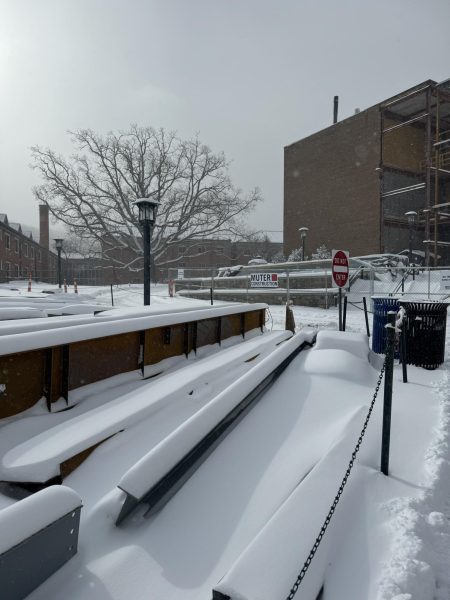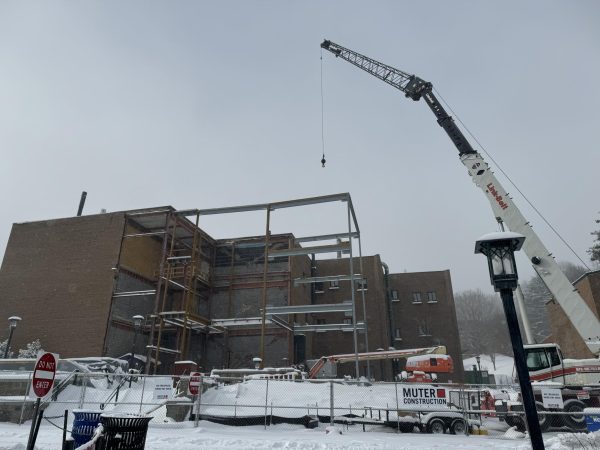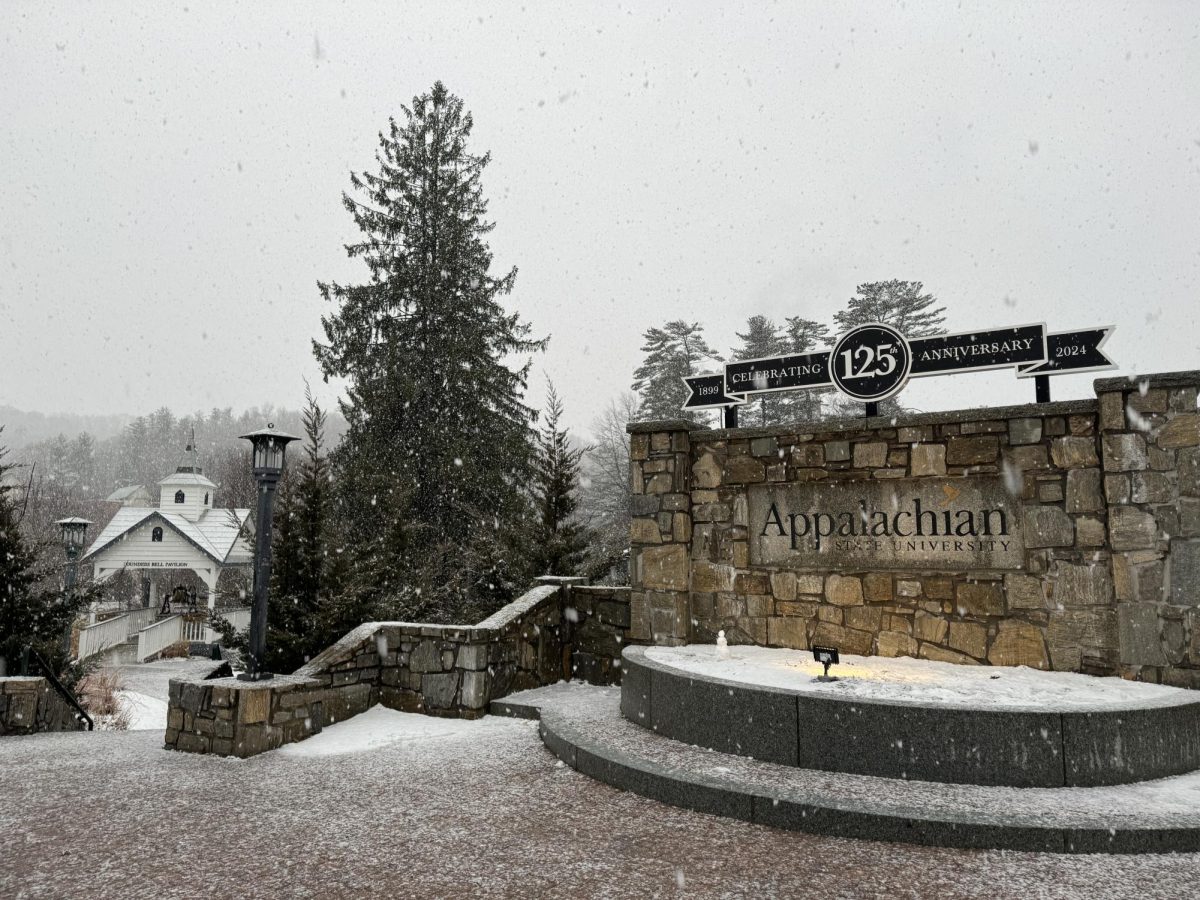The Spring 2024 semester started with cold feet, as students and staff woke up to numerous emails and weather alerts informing them that their first day of classes would not be what they expected. While some professors chose to still hold classes in person, App State closed in-person classes Wednesday and Friday of the first week of classes.
With the severity of these adverse weather conditions at the start of the spring semester, understanding exactly what goes into the process of deciding whether or not App State closes classes during these times can help students and staff act with proper caution.
To begin deciding how to respond to adverse weather conditions, App State has three different conditions to choose from depending on the severity of the situation.

Condition 1, referred to as “Reduced Operations,” involves mandatory operations such as law enforcement and student support continuing to operate as normal, while some non-mandatory operations are scaled back until the condition is lifted.
Condition 2, referred to as “Suspended Operations,” is a more extensive version of the first, with all non-mandatory operations being suspended completely.
Condition 3, referred to as “Closure,” involves the complete closure of all mandatory facilities over a period of time depending on the circumstances.
According to the university page for adverse weather, “campus chancellors may not declare Condition 3 at the time of an adverse weather event,” which is why the snowy weather during the first week of classes only resulted in Condition 2.
Rather, if an event fulfills the Condition 3 criteria, the university can enact Condition 2 protocol. Then the university can work with the UNC General Administration to determine if Condition 3’s paid leave protocol should be retroactively applied.
App State decides which condition to enact during specific weather conditions based on certain standards.
For Condition 1, the weather must have “significant potential to or is already negatively impacting local area commuting, important campus services, or the efficient functioning of campus buildings and grounds,” according to the university policy manual entry on adverse weather and emergency closing.
The same webpage also denotes that Condition 2 will only go into effect if “safety risks or logistical challenges are more severe and there is a substantial interest to have a relatively limited number of individuals travel to or remain at the University.” National Weather Service alerts are a key piece of information in the decision-making process for this condition.



